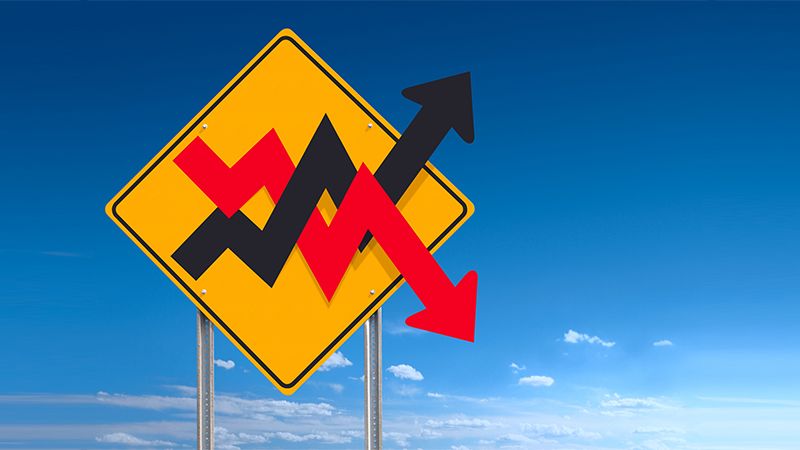JP Morgan Private Bank has said the European economy is on ‘shaky foundations’.
That is the view put forward in a new article on its website, titled Europe: Facing Challenges or Another Eventual Crisis? JP Morgan said this situation is actually an improvement following budget concerns across the continent and political uncertainty in France.
Last week’s developments in Paris, with the passing of a no-confidence in prime minister Michel Barnier, follows tumult earlier this year when President Macron went for an ill-advised election that resulted in weeks of unrest as the far-right party National Rally edged close to power.
See also: EIB: Pessimism darkens across Europe
JP Morgan wrote: “That is just the latest in a string of bad news for Europe in recent months. Germany faced its own spell of political turmoil in November when chancellor Olaf Scholz ousted his finance minister and called for a snap election in Germany. The reason? Disagreements over the deployment of public finances. That comes at a time where Germany’s manufacturing sector – which has traditionally been Europe’s growth engine for decades – has stagnated.”
This is against a backdrop in which the German economy is seen as beginning to stagnate.
The question now, said JP Morgan, will be whether the continent will fall into another eurozone debt crisis. This, the bank reckons, will not come to pass.
It wrote: “The concern back then was over excessive leverage in peripheral (i.e. non-core) economies. Countries like Greece, Ireland, Spain, and Italy had accumulated large amounts of debt due to higher government spending following the global financial crisis. Eventually, a loss of confidence among investors led to a sharp rise in borrowing costs that ultimately required a response from policymakers to provide bailout packages.”
It added: “Much of the recovery from the crisis was attributed to Germany and France’s economic strength and political unity. The two economies alone account for 40% of the European Union’s gross domestic product today. Germany’s growth has primarily been export-driven, while France has borrowed to invest in its economy and Germany and peripheral economies deleveraged their public finances.”
Despite all this, there remains ‘pockets of optimism’. Industrials, according to JP Morgan, are well-positioned to benefit from structural themes. It also believes that private markets could be a ‘compelling way’ to gain exposure to infrastructure building across the region.







